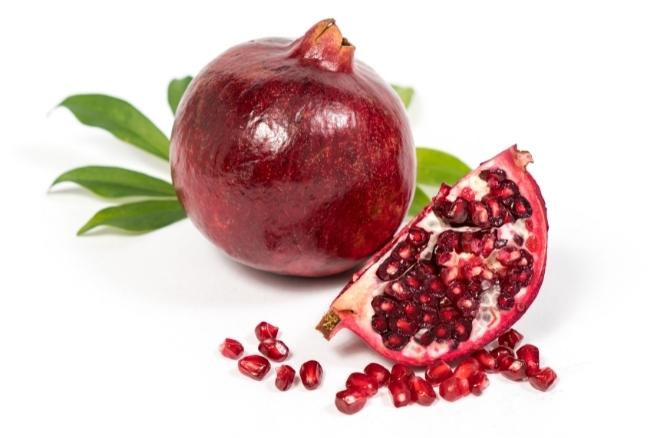Find Food
Get Help
Food & Medical BenefitsGet free help applying for SNAP/Link, Medicaid and other benefits.
Job TrainingExplore our paid workforce and professional development program for a career in the hospitality industry.
Nutrition ResourcesBrowse cooking videos, recipes and more to help you prepare ingredients you have at home.
Resources for FamiliesFind free diapers and learn about nutrition and benefits programs to support families.
Support for Older AdultsReceive shelf-stable food boxes and learn about programs to support healthy aging.
Take Action
- GiveDonate to support our mission and ensure our neighbors have the food they need to thrive.
- VolunteerExplore our volunteer opportunities and sign up to help at our facility or in the community.
- AdvocateLift your voice to support our advocacy efforts that address the root causes of hunger.
- Start a Virtual Food DriveStart a fundraiser with friends, family or coworkers to make an immediate difference in our community.
- Make a Commercial Food DonationManufacturers, growers and retailers can donate products to feed our neighbors facing hunger.
- LearnDiscover more about food insecurity through research on hunger-related issues.
- Additional Ways to SupportAttend an event, buy Food Depository merch or learn how to support us when you shop and dine.
- For Individuals & FamiliesSee how other neighbors and families give back to the community.
- For Corporations & OrganizationsExplore our corporate support and workplace giving back programs.
Our Story
- HistoryLearn how we started providing food and hope for our neighbors.
- Our TeamMeet our staff committed to ending hunger and it root causes.
- CareersExplore open positions and make a difference in our community.
- Annual Reports & FinancialsGain a comprehensive look at our finances and the impact of our mission-driven programs.
- How We HelpLearn how we support our neighbors in need with resources to address food insecurity.
- News & PressFind the latest news updates about our work to end hunger.
- BlogRead uplifting, inspirational stories from across our network of partners.
Donate



